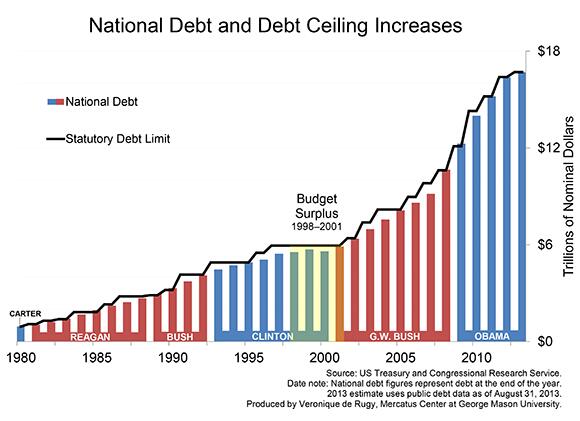Holiday Reading Recommendation: “Days of Fire”
If you were fortunate enough to receive a gift card for a book-seller this Christmas (economists would remind us, after all, that gift cards are one of the few economically efficient Christmas gifts), allow me to make a recommendation: Peter Baker’s recent book, Days of Fire: Bush and Cheney in the White House.
If you’re like me, you may have an appetite for behind-the-scenes D.C. storytelling, but always wind up reading such volumes with skepticism; who knows, after all, who’s interpretation of events to give credence to, or what personal or professional agendas drive the final text (Bob Woodward, for instance, is famous for tilting his narratives in favor of the people who proved to be his best sources)?
As our regular readers may know, I served in the Bush Administration, working as one of the president’s speechwriters in the second term. Given the knowledge that experience imparted, I can tell you that Days of Fire is far and away the most judicious and even-handed account of the Bush Administration I’m aware of (my friend, Matthew Hennessey at City Journal, gives a good summation of why here).
Days of Fire never succumbs to either of the twin pathologies of presidential chronicles: hagiography or axe-grinding. Instead, it gives you just the facts, albeit in an addictive, page-turning fashion (there are lots of little anecdotes that only enhance the readability). You get a good sense of the various ideological positions of the key players in the Bush Administration, as well as the personality traits that shaped them and the Administration.
Baker does an exquisite job of presenting the material and allowing you to make your own judgments. While I wasn’t around for many of the events in the book, the ones I was present for are represented with dispassionate accuracy. All those that preceded my time are also described in the same terms on which I was made to understand them during my White House tenure.
This is a necessary reading whether you’re a Bush fan or a Bush critic (ditto Cheney). This is one of the few books that portrays either man in three dimensions and it will give you a great sense of how truly complicated, taxing, inspiring, and frustrating a presidency can be. Highly recommended.





 CFIF Freedom Line Blog RSS Feed
CFIF Freedom Line Blog RSS Feed CFIF on Twitter
CFIF on Twitter CFIF on YouTube
CFIF on YouTube